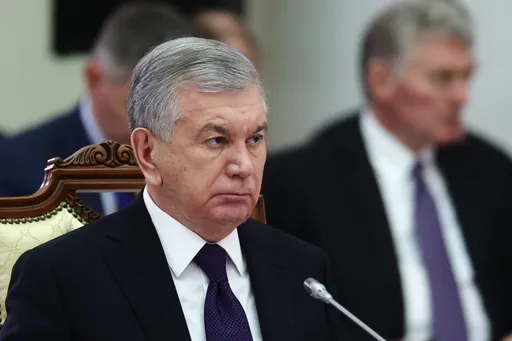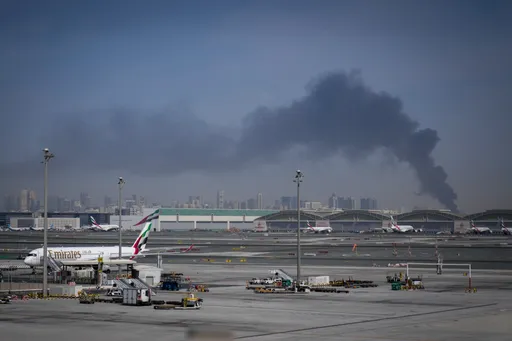Thousands of Tunisians have protested, hours after President Kais Saied officially replaced a judicial watchdog and gave himself powers to sack judges and ban them from going on strike.
More than 2,000 protesters on Sunday gathered in central Tunis, many waving flags and chanting slogans in support of an independent judiciary, following the decree published earlier on Sunday.
"Freedom! Freedom! The police state is finished," some chanted.
The protest was organised by the Ennahda, the biggest party in the suspended parliament that has emerged as Saied's most vocal opponent, and by a separate civil society organisation.
"What has happened is the completion of the coup…Tunisia has become a nascent dictatorship after being a nascent democracy," Nadia Salem, one of the protesters, said.
Sunday's ruling, establishing a new 21-member "Temporary Supreme Judicial Council" - nine of whom are appointed by the president - also gives him powers to dismiss "any judge failing to do his professional duties".
Moreover, "it is forbidden for judges of all ranks to go on strike or hold any organised collective action that could disturb or delay the normal working of the courts", it read.
READ MORE:Tunisia's president signs decree to form new judicial council
‘Back to darkest days’
Saied's decree came a week after he said he would dissolve the High Judicial Council (CSM), prompting a nationwide shutdown of courts by judges saying the move would infringe on judicial independence.
Saied last July sacked the government, suspended parliament and seized a range of powers before moving to rule by decree, sparking fears for what had been seen as the only democracy to emerge from the Arab Spring uprisings.
Saied had long accused the CSM of blocking politically sensitive investigations and being influenced by his opponents in the Ennahda party.
He has insisted he has no intention of interfering with the judiciary, but rights groups and world powers have criticised his move.
The International Commission of Jurists said on Sunday that the decree "consolidates power in the hands of the President/executive and effectively ends any semblance of judicial independence" in Tunisia.
"It brings Tunisia back to its darkest days, when judges were transferred and dismissed on the basis of executive whim," the commission said.
READ MORE:Tunisia's highest judicial body refuses Saied's 'illegal' dissolution order























